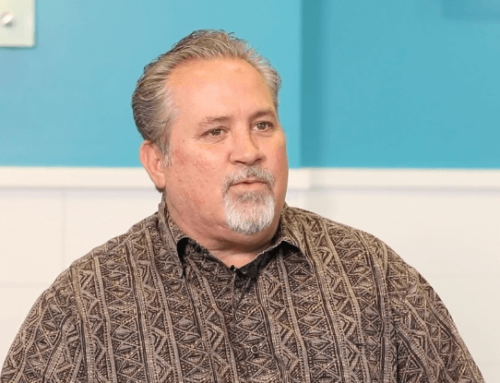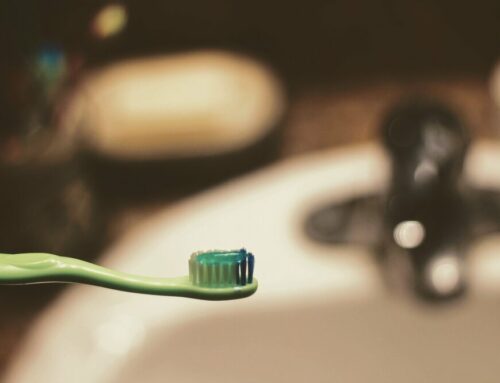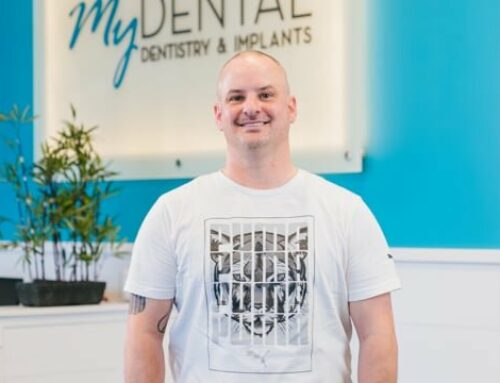I brush my teeth everyday, so why do I need to get my teeth cleaned at the dentist? Well, prophylaxis cleanings and scaling are far more in depth, use different tools than your standard toothbrush, and really show off the condition of your teeth.
Dental Prophylaxis
Prophylaxis just means to “prevent disease.” A Dental Prophylaxis is a procedure to prevent disease in your gums, teeth, and mouth. This procedure feels a lot like just brushing your teeth, but there are a few differences between using a standard toothbrush and going to the dentist for a prophylaxis.
Our dental assistants will brush your teeth with a “Prophy cup,” which is a small rubber cup that holds the special toothpaste called polishing paste. The cup spins around like an electric toothbrush and our dental assistants will polish your teeth. The polishing paste we use during a prophylaxis is more abrasive and coarse than your standard toothpaste, this helps us clean your teeth better, get rid of stains, and prepare your teeth for further inspection.
The dental prophylaxis will not only help prevent and treat gingivitis, but it’ll also give you fresher breath, remove stains and tartar, and boost your confidence with a cleaner smile.

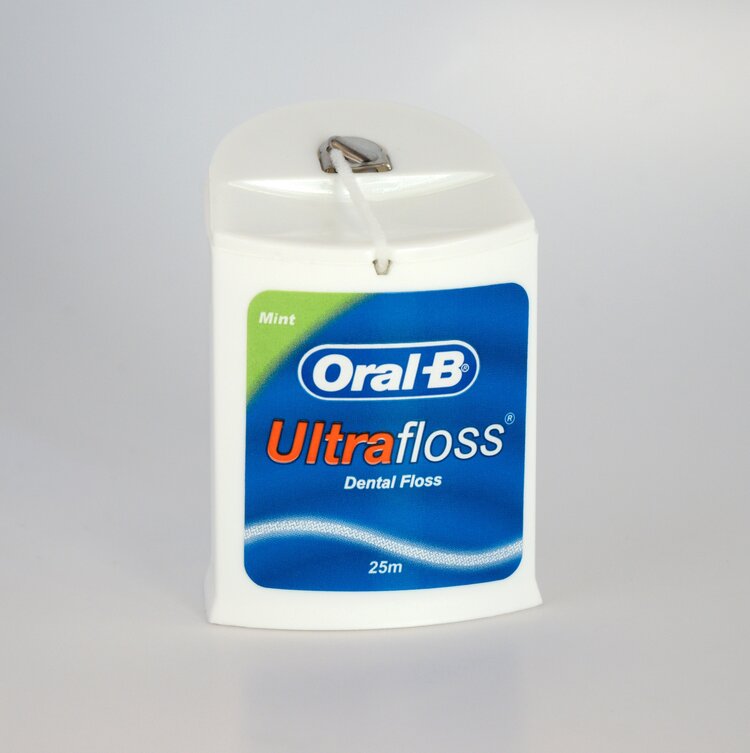
Flossing
Then, our dental assistants will floss your teeth with regular floss. If you’re not too sure how to floss on your own, they’d be happy to show you a few techniques to effectively wrap the floss in-between and around your teeth to get the best results.
Scaling
When scaling teeth, either our dental assistants or dentists will take a handpiece and scrape off plaque and tartar. Tartar is a hardened plaque that a regular toothbrush struggles to scrub off. Scraping off tartar isn’t painful, but it directly prevents cavities to remove it.
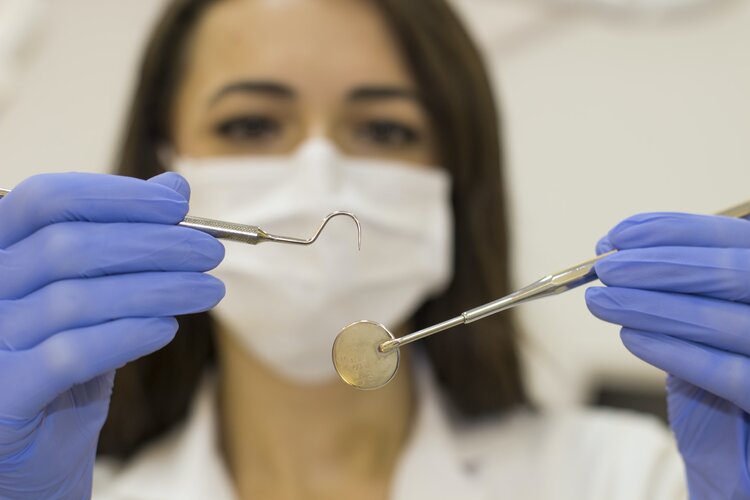

Exam
After your dental prophylaxis, the dentist will examine your teeth, gums, mouth, and jaw. He’ll check your bite, general health, and look for any cavities or potential problems. If our dentist finds any potential problems, it’s at this point that he or she will come up with a treatment plan. Depending on the severity of dental health, you might be back for one or several appointments.

